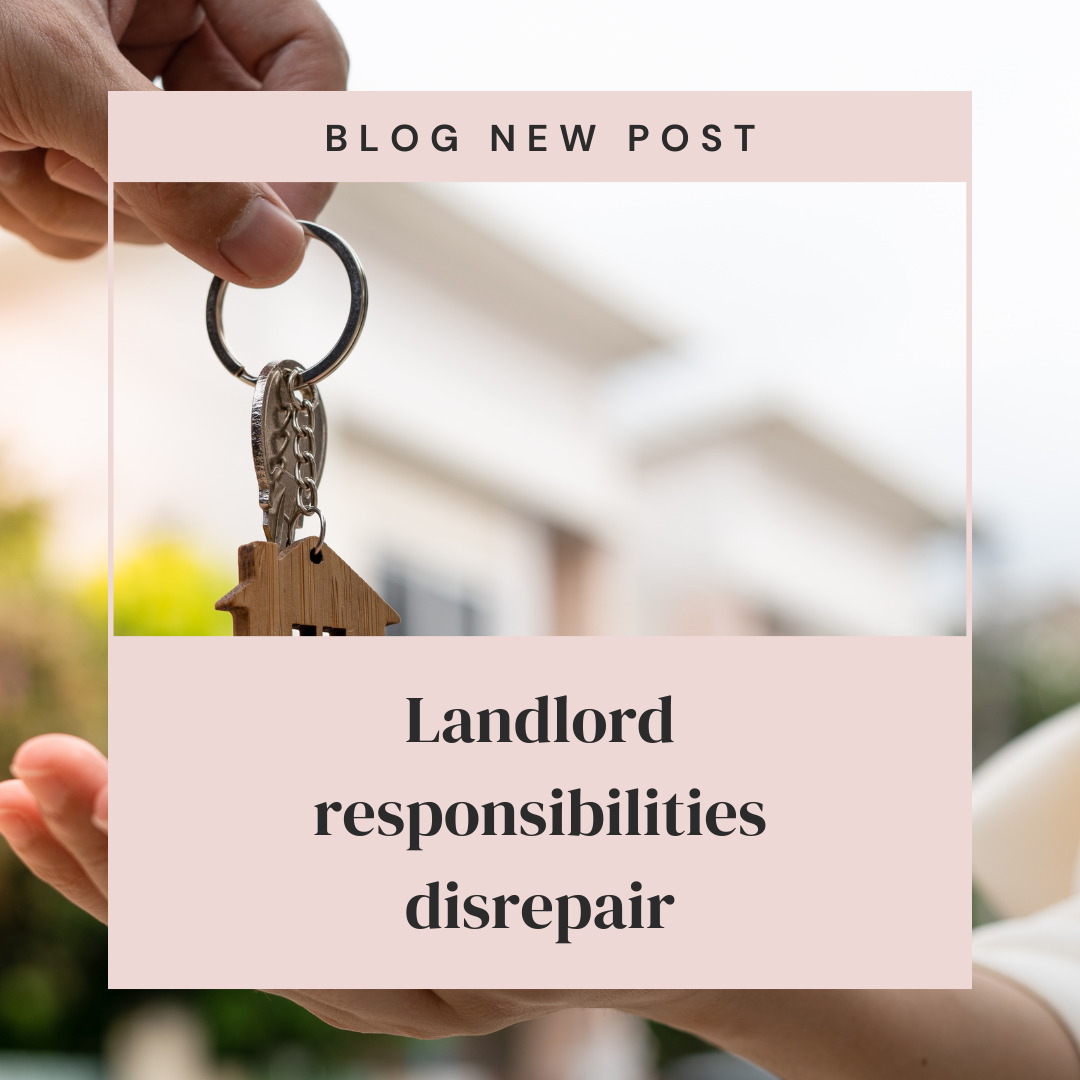Landlord responsibilities disrepair
Landlord responsibilities disrepair: Are you a tenant in England or Wales facing housing disrepair problems? Understanding your landlord’s responsibilities is crucial for ensuring that your living conditions are safe and habitable. In this comprehensive guide, we’ll delve into landlord responsibilities regarding housing disrepair and how you can take action to address these issues effectively.
- Know Your Rights: As a tenant, you have rights protected by law, including the right to live in a property that meets certain standards of repair and safety. Your landlord is legally obligated to ensure that the property is maintained to a decent standard throughout the tenancy.
- Legal Obligations: Landlord responsibilities regarding housing disrepair include:
- Maintaining the structure and exterior of the property, including walls, roof, windows, and doors.
- Ensuring that installations for the supply of water, gas, electricity, heating, and sanitation are in good repair and working order.
- Addressing any issues that affect the health and safety of tenants, such as damp and mould, pest infestations, or faulty appliances.
- Reporting Disrepair: If you notice any maintenance issues in your rented property, it’s essential to report them to your landlord or letting agent as soon as possible. Clearly outline the problems in writing, including photographs or videos as evidence, and request repairs to be carried out promptly.
- Landlord’s Response: Upon receiving your report of disrepair, your landlord is obligated to take action to address the issues within a reasonable timeframe. They should arrange for inspections, repairs, or other necessary measures to rectify the problems and ensure that the property is safe and habitable.
- Seeking Legal Advice: If your landlord fails to address the disrepair issues despite your efforts to communicate and document the problem, seeking legal advice is advisable. Housing disrepair solicitors specialize in tenant rights and can provide expert guidance on your options for recourse.
- Making a Housing Disrepair Claim: If negotiations with your landlord or housing authority are unsuccessful in resolving the disrepair issues, you may need to consider making a housing disrepair claim. This legal process allows you to seek redress for the harm and inconvenience caused by the disrepair and compel your landlord to carry out necessary repairs.
- Documenting Evidence: Gathering evidence to support your housing disrepair claim is essential. Keep records of all communications with your landlord, including dates, times, and responses received. Take photographs or videos of the disrepair and any damage it has caused to the property or your belongings.
- Protecting Your Rights: By asserting your rights as a tenant and holding your landlord accountable for their responsibilities, you contribute to creating safe and habitable living environments for all tenants. Don’t hesitate to take action if you encounter housing disrepair issues in your rented property.
Conclusion: Understanding your landlord’s responsibilities regarding housing disrepair is key to ensuring that your rights as a tenant are upheld. By knowing what to expect from your landlord and taking appropriate action when needed, you can address maintenance issues effectively and ensure that your living conditions meet acceptable standards of safety and habitability.
Important links
Housing Disrepair Advice: https://housingdisrepairadvice.org/contact
Housing Ombudsman: https://www.housing-ombudsman.org.uk/
